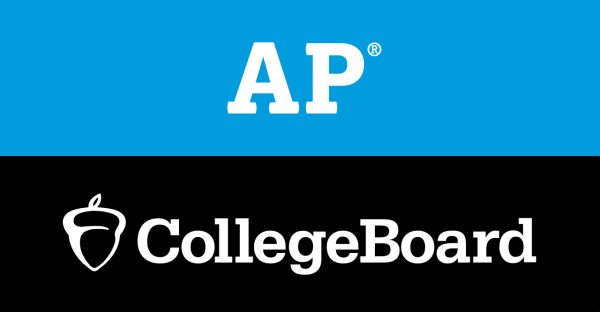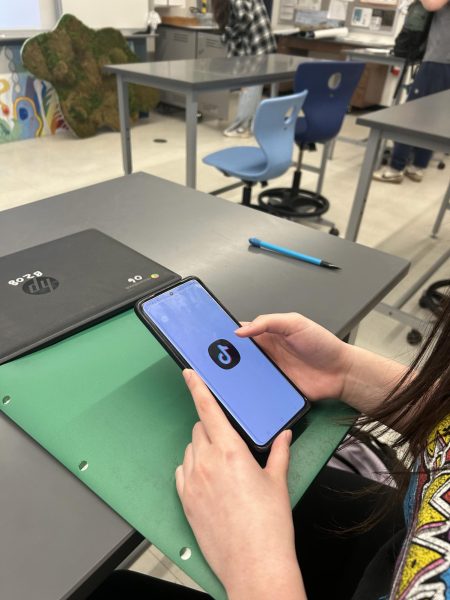West Hartford BOE’s Handling of the Return to School – Effective or Careless?
On March 17, West Hartford Public Schools switched to full-time in-school instruction. This is the first time students have been in school every weekday in slightly over a year, albeit with an altered block schedule.
With the number of Covid-19 cases falling lower and vaccines becoming more widely distributed, the Board of Education feels assured that they can safely execute a transition back to full-time school.
“I am happy that we will welcome our students back to our schools, not just to meet their academic needs, but so that they can be with their friends, and close out the last three months of this school year with some degree of normalcy,” Tom Moore, West Hartford Superintendent wrote in a March 8 letter.
While Moore has tried to spread optimism about the return to full school, students and teachers have varying opinions about the safety, necessity, and pros and cons of the change. Some people believe that the benefits outweigh the risks.
Hall English teacher Kelly Fransen stated that she thinks “the decision is worthwhile. Cases have risen, but having the students in school is essential.” Many people believe that being in school all the time is essential to students’ ability to learn.
One of the most controversial aspects of this year’s schedule has been the block schedule, which spreads the 8 periods over two days. Proponents state that the schedule allows for lessons to be completed without being rushed, a common occurrence in the normal school schedule.
Teacher support also comes from the fact that classes, during the extended time, can also get ahead on future lessons or makeup work that was late. Fransen states, “I think the kids get a lot from being in classes longer. I also feel like I get to know the students better and class becomes more useful as we not only learn but also apply during the period.”
While some people believe that it helps keep students apart, while others believe that 80 minute periods are too long for students to retain focus. However, many students feel the block schedule is an example of the administration disregarding students’ opinions on choices that affect them.
This system was criticized heavily from the beginning, with a petition against it getting more than 2,500 signatures. A survey was also sent out asking how people felt about decisions made, and complaints about the schedule have been widespread. However, many students feel their complaints were ignored.
Hall student Jordan Shefsky believes that the schedule is also detrimental to students with learning disabilities, stating, “One of the most common learning disabilities is ADHD, and other learning disabilities are also more exposed when students are required to focus on one thing for an hour and a half.”
While the long classes do allow for more time with teachers, it makes it harder for students to focus on assignments when they are forced to do the same thing for 80 minutes. Returning all in person for these long classes has proven to be controversial, but they continue to be less so as Covid cases go down. The debate about block scheduling will continue, however, into next year.





